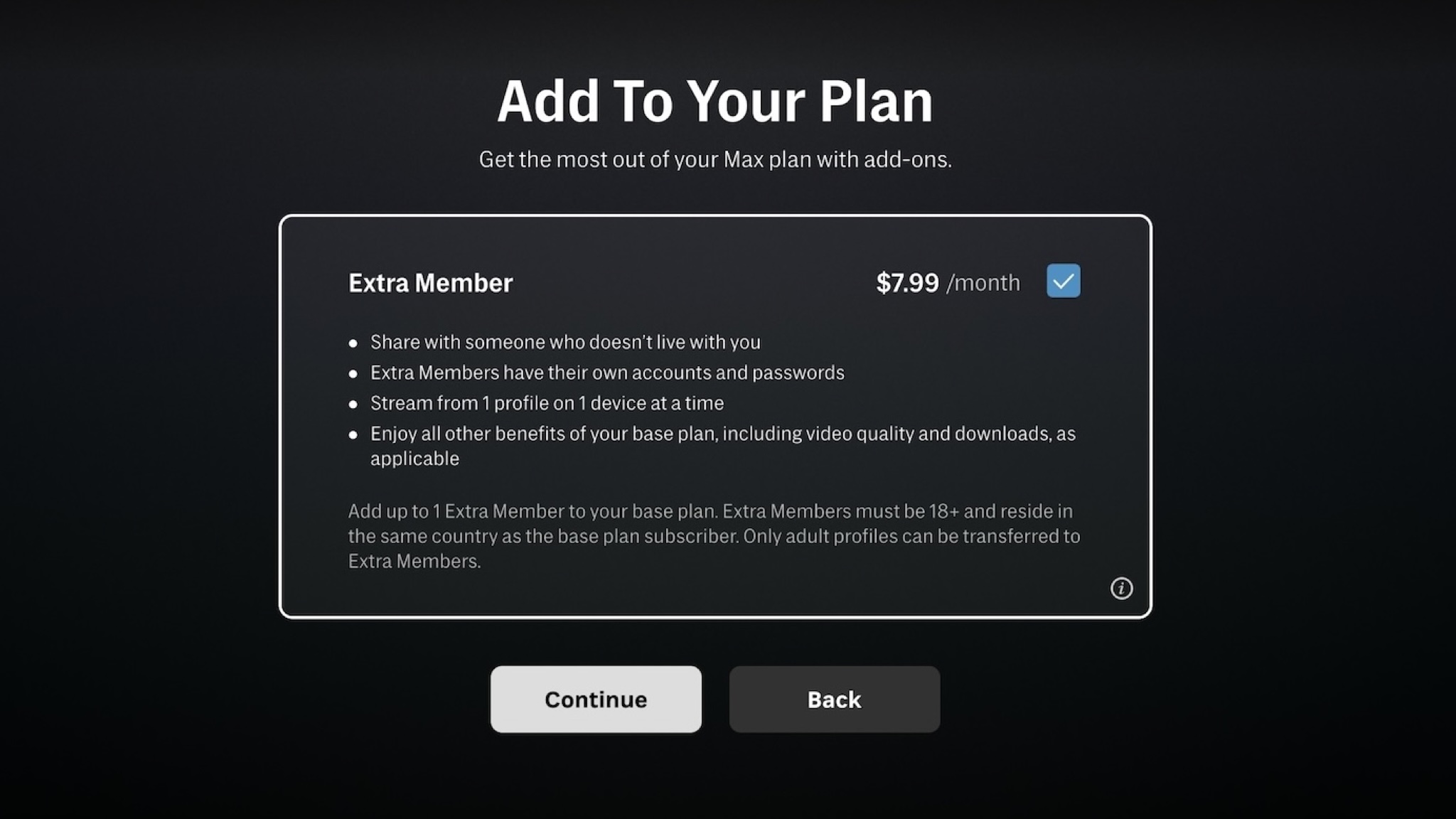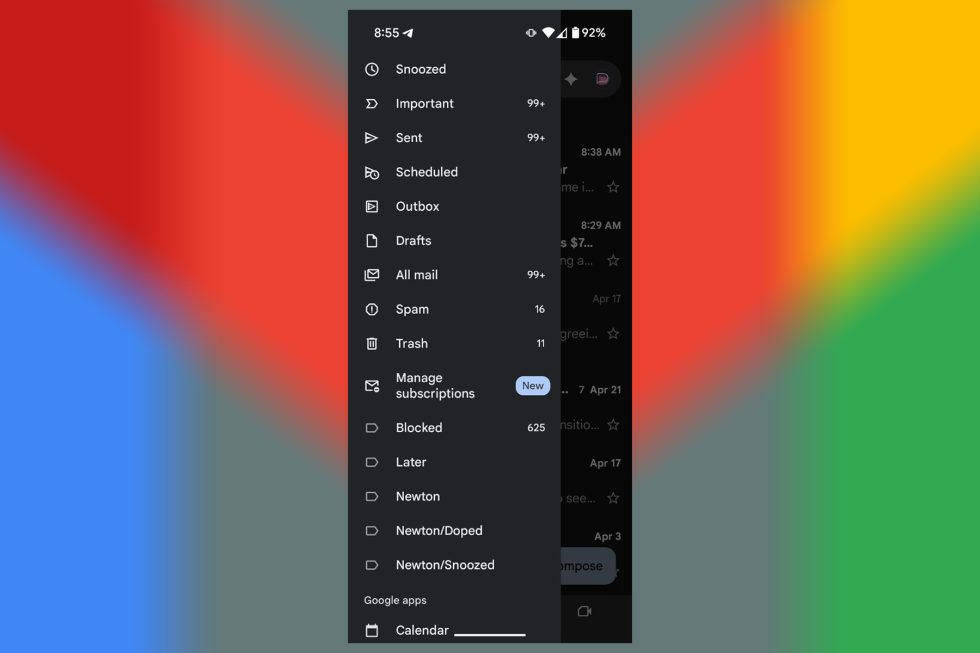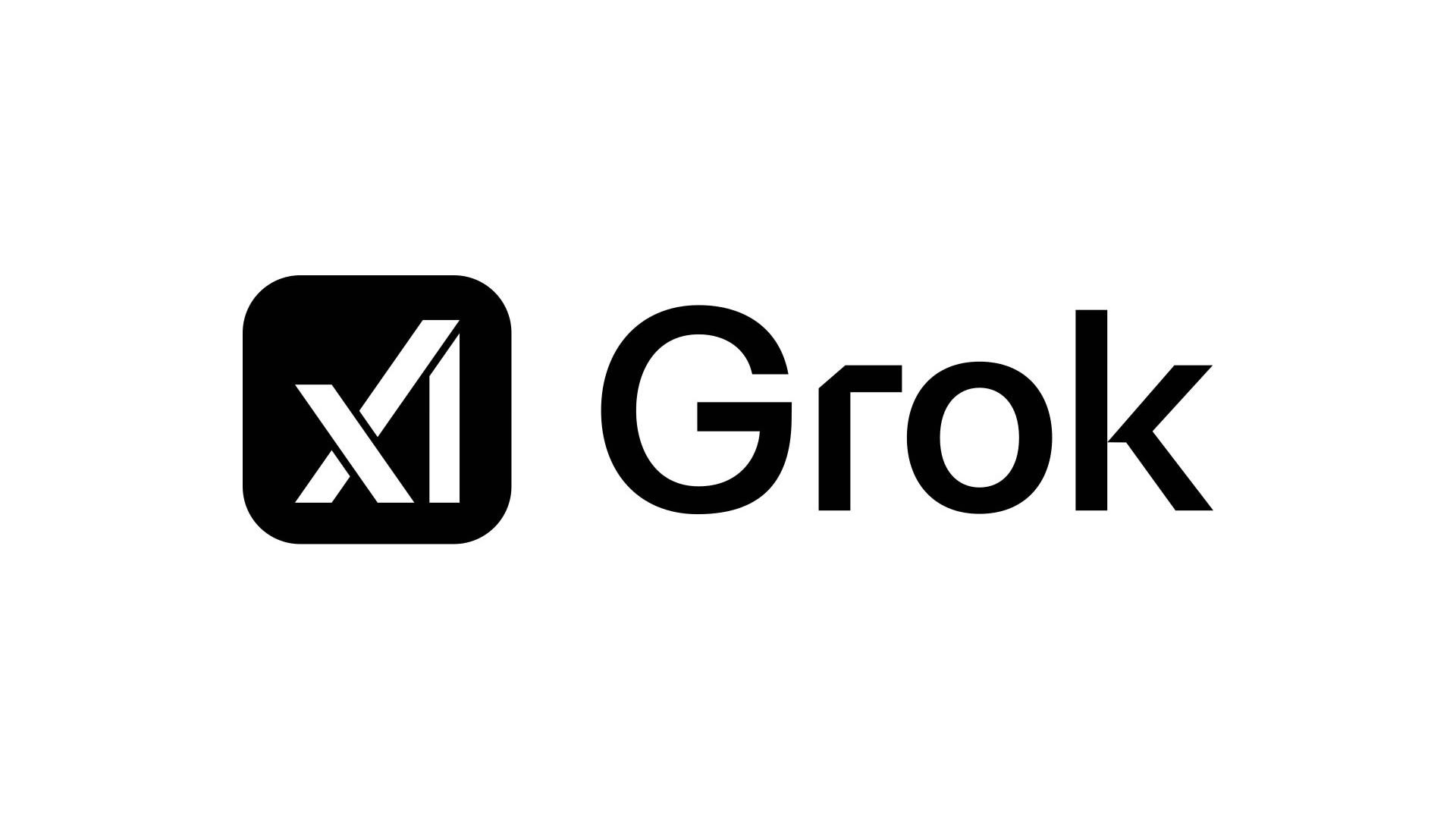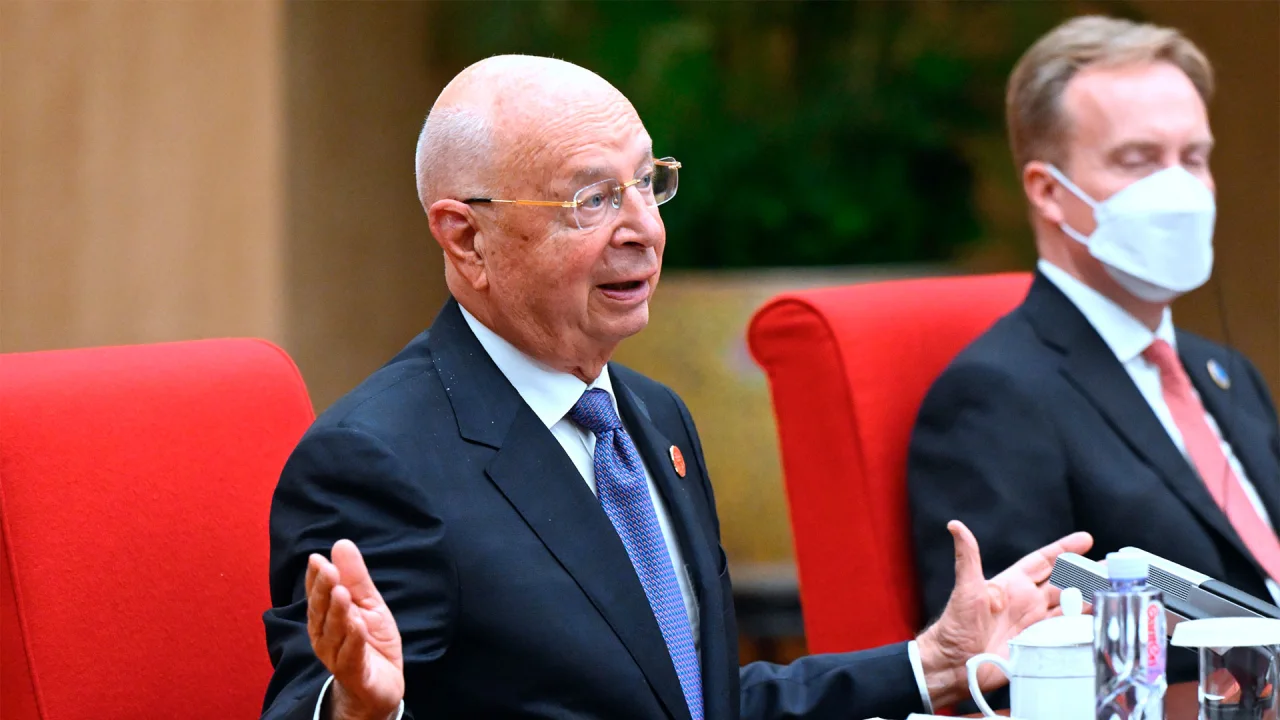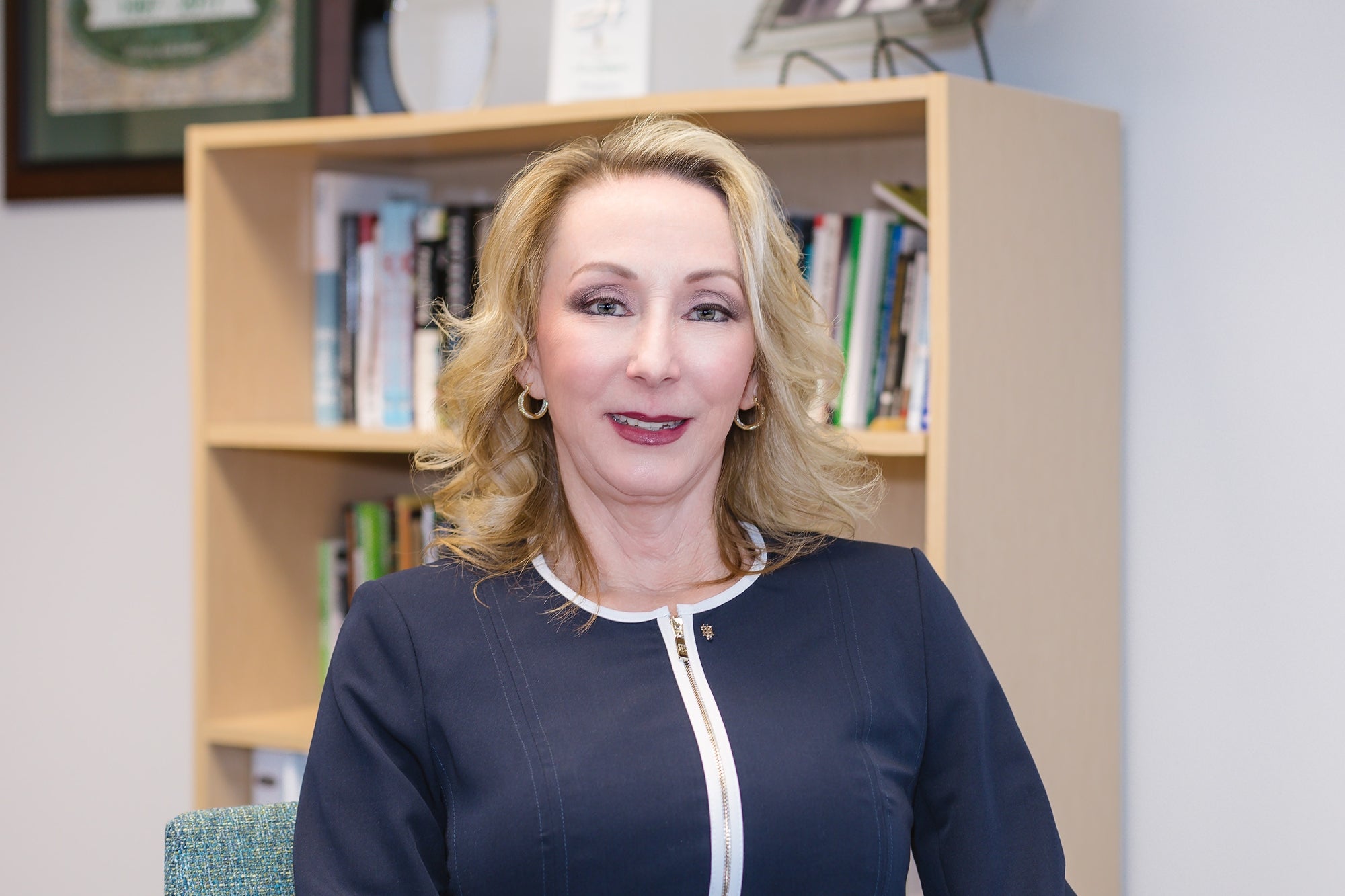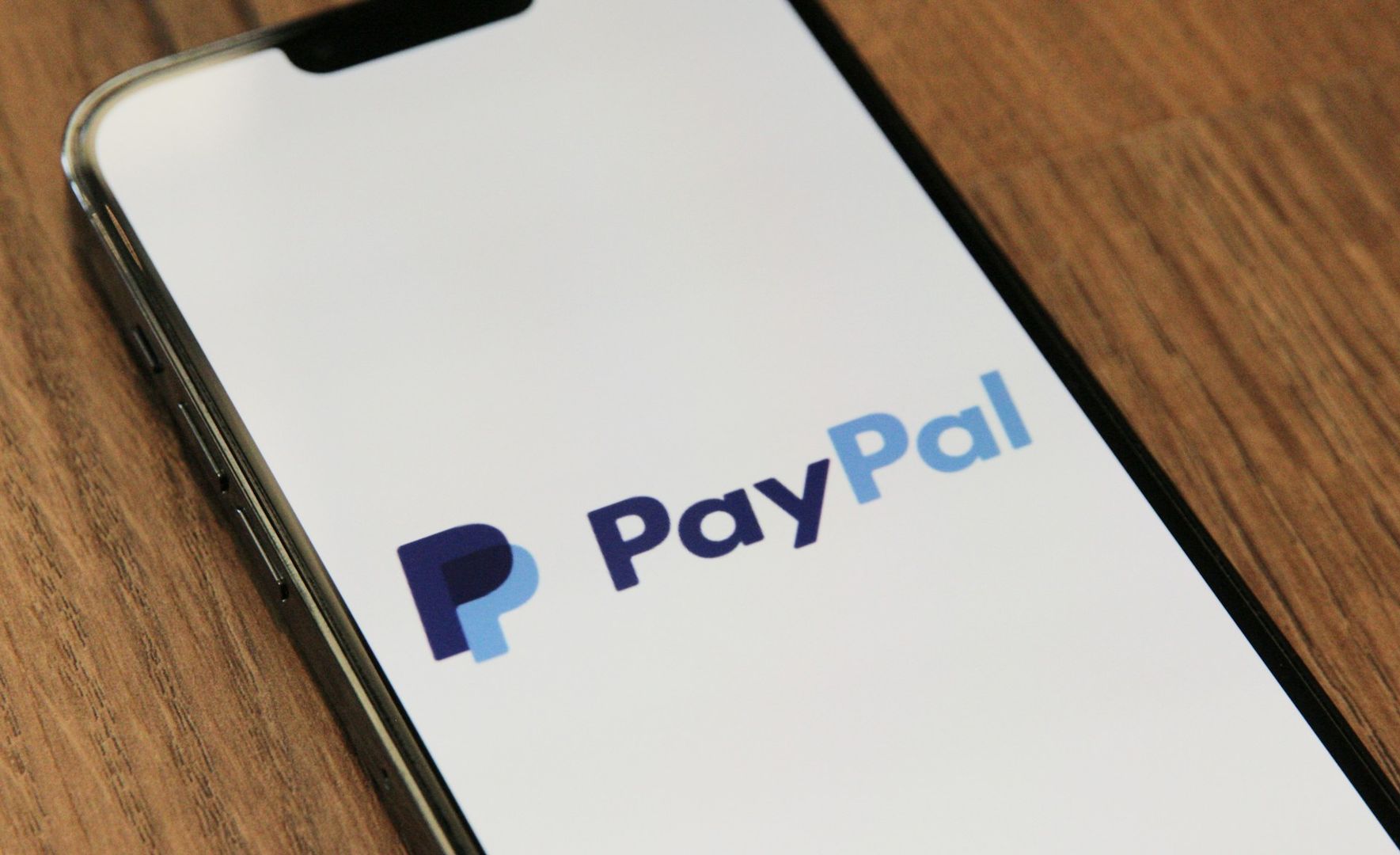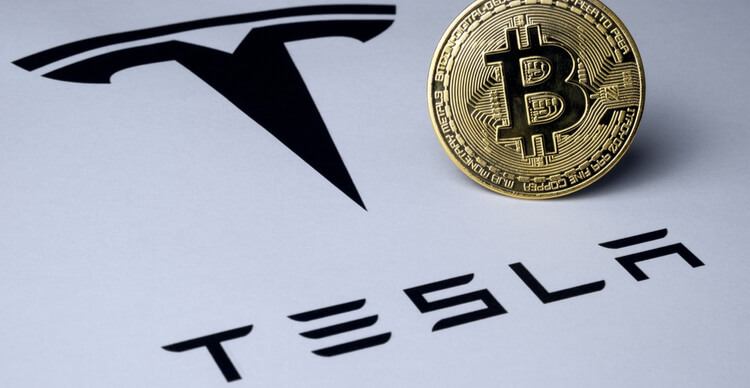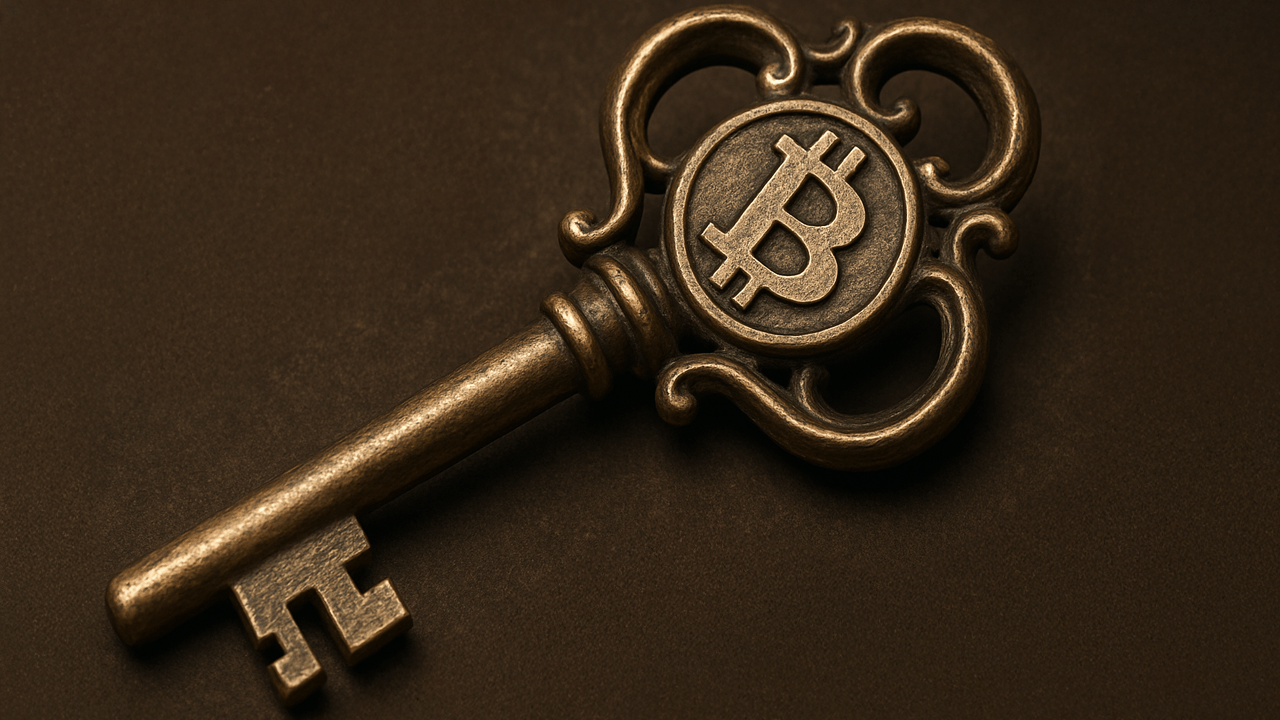Binance tightens South African compliance rules for crypto transfers
Binance is set to implement new compliance measures for South African users, requiring sender and receiver information for all crypto deposits and withdrawals.In an announcement on April 23, the largest exchange in terms of daily trading volume of cryptocurrencies said the move comes in response to local regulatory demands.Starting April 30, Binance users in South Africa will be prompted to provide additional information when transferring crypto.For deposits, users must disclose the sender’s full name, country of residence, and, if applicable, the name of the originating crypto exchange. Similarly, withdrawals will require beneficiary details before processing.Binance to require information for all crypto transfers in South Africa. Source: BinanceThe update will only impact crypto deposits and withdrawals, leaving trading and other platform features unaffected.Related: US judge transfers Binance lawsuit to Florida, citing first-to-file ruleMissing transfer details may reverse transactionsBinance warned that failure to provide the required information may result in delayed transactions or, in some cases, a return of funds to the sender.In preparation for the rollout, users will need to re-login to their accounts starting April 24.The change comes as South Africa moves to boost oversight of the rapidly moving crypto sector.On April 2, Bloomberg reported that South Africa’s Revenue Service (SARS) is urging individuals, crypto exchanges and intermediaries involved in crypto transactions to register with the authority, warning that failure to do so is now illegal.In March, the Financial Sector Conduct Authority (FSCA) of South Africa issued a public warning against two unlicensed crypto firms, Afriinvest and Mutualwealth, accusing them of soliciting investments while promising unrealistic returns of up to 10,000 rand ($542) per day.Related: Binance, KuCoin, MEXC report service issues due to AWS network interruptionSouth Africa pushes to become key crypto hubEmerging economies across Africa, particularly South Africa, are positioning themselves as potential digital asset hubs amid growing regulatory clarity, Ben Caselin, chief marketing officer (CMO) of Johannesburg-based crypto exchange VALR, told Cointelegraph in September 2024.Caselin said that South Africa’s strong legal framework and ease of business make it a key entry point for crypto expansion across the continent.The South African crypto market is projected to generate $278 million in revenue in 2025, with expectations to grow at a compound annual growth rate (CAGR) of 7.86% and reach $332.9 million by 2028, according to Statista.Revenue in South Africa’s crypto market is expected to grow by 7.86% by 2028. Source: StatistaRegulatory momentum is increasing, with the FSCA approving 59 crypto platform licenses in March 2024, while over 260 applications remain under review.Cointelegraph contacted Binance for comments but did not receive a response by publication.Magazine: Former Love Island star’s tips on how to go viral in crypto: Van00sa, X Hall of Flame



Binance is set to implement new compliance measures for South African users, requiring sender and receiver information for all crypto deposits and withdrawals.
In an announcement on April 23, the largest exchange in terms of daily trading volume of cryptocurrencies said the move comes in response to local regulatory demands.
Starting April 30, Binance users in South Africa will be prompted to provide additional information when transferring crypto.
For deposits, users must disclose the sender’s full name, country of residence, and, if applicable, the name of the originating crypto exchange. Similarly, withdrawals will require beneficiary details before processing.
The update will only impact crypto deposits and withdrawals, leaving trading and other platform features unaffected.
Related: US judge transfers Binance lawsuit to Florida, citing first-to-file rule
Missing transfer details may reverse transactions
Binance warned that failure to provide the required information may result in delayed transactions or, in some cases, a return of funds to the sender.
In preparation for the rollout, users will need to re-login to their accounts starting April 24.
The change comes as South Africa moves to boost oversight of the rapidly moving crypto sector.
On April 2, Bloomberg reported that South Africa’s Revenue Service (SARS) is urging individuals, crypto exchanges and intermediaries involved in crypto transactions to register with the authority, warning that failure to do so is now illegal.
In March, the Financial Sector Conduct Authority (FSCA) of South Africa issued a public warning against two unlicensed crypto firms, Afriinvest and Mutualwealth, accusing them of soliciting investments while promising unrealistic returns of up to 10,000 rand ($542) per day.
Related: Binance, KuCoin, MEXC report service issues due to AWS network interruption
South Africa pushes to become key crypto hub
Emerging economies across Africa, particularly South Africa, are positioning themselves as potential digital asset hubs amid growing regulatory clarity, Ben Caselin, chief marketing officer (CMO) of Johannesburg-based crypto exchange VALR, told Cointelegraph in September 2024.
Caselin said that South Africa’s strong legal framework and ease of business make it a key entry point for crypto expansion across the continent.
The South African crypto market is projected to generate $278 million in revenue in 2025, with expectations to grow at a compound annual growth rate (CAGR) of 7.86% and reach $332.9 million by 2028, according to Statista.
Regulatory momentum is increasing, with the FSCA approving 59 crypto platform licenses in March 2024, while over 260 applications remain under review.
Cointelegraph contacted Binance for comments but did not receive a response by publication.
Magazine: Former Love Island star’s tips on how to go viral in crypto: Van00sa, X Hall of Flame










































































































































































![[The AI Show Episode 144]: ChatGPT’s New Memory, Shopify CEO’s Leaked “AI First” Memo, Google Cloud Next Releases, o3 and o4-mini Coming Soon & Llama 4’s Rocky Launch](https://www.marketingaiinstitute.com/hubfs/ep%20144%20cover.png)





















































































































![Code[AI]ve – Un IDE IA local et multi-agent (sans cloud, sans compromis)](https://media2.dev.to/dynamic/image/width%3D1000,height%3D500,fit%3Dcover,gravity%3Dauto,format%3Dauto/https:%2F%2Fdev-to-uploads.s3.amazonaws.com%2Fuploads%2Farticles%2Fksaz7g65at2vcbm3l3hq.png)


































































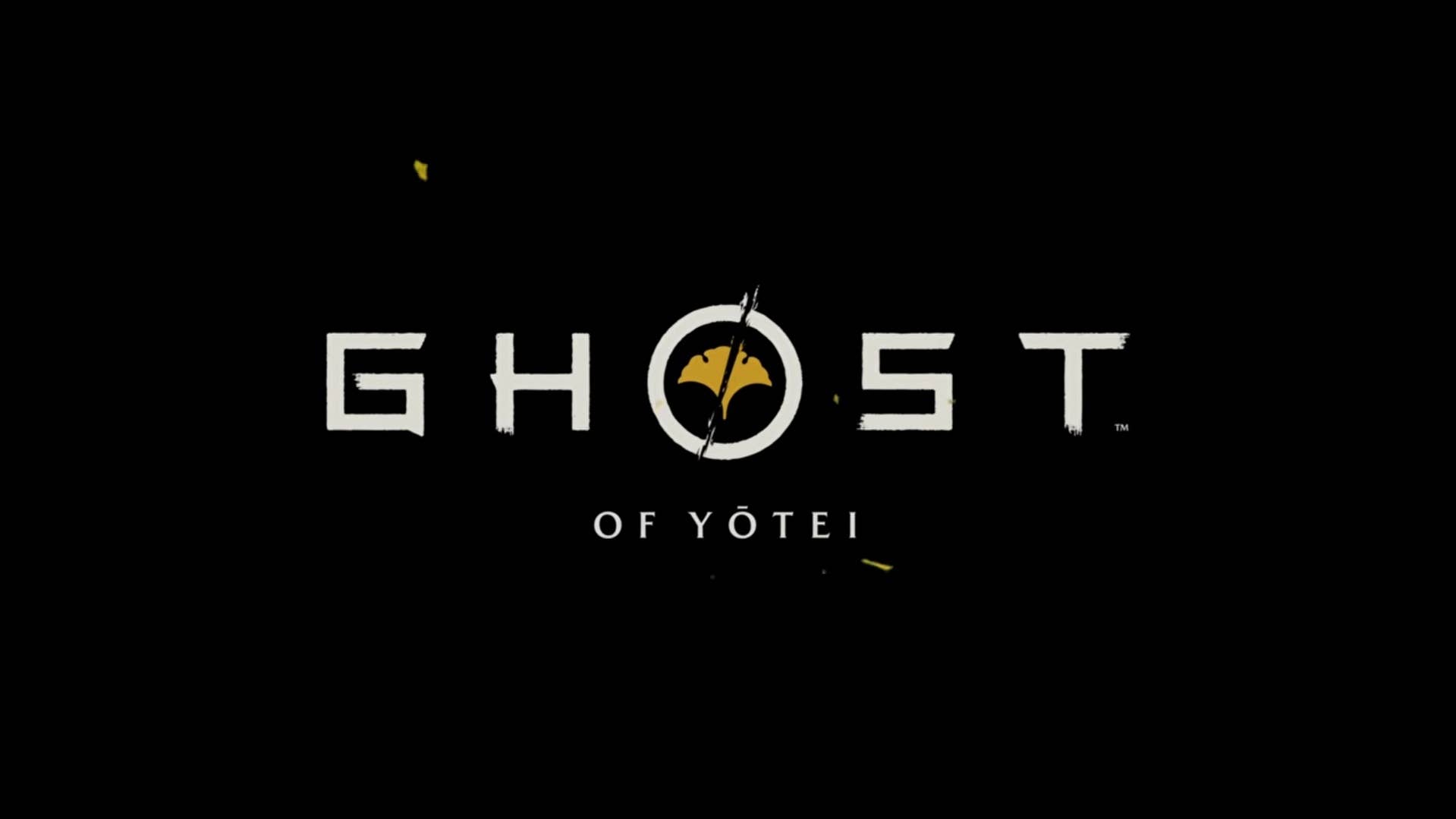
.jpg?width=1920&height=1920&fit=bounds&quality=70&format=jpg&auto=webp#)



























































































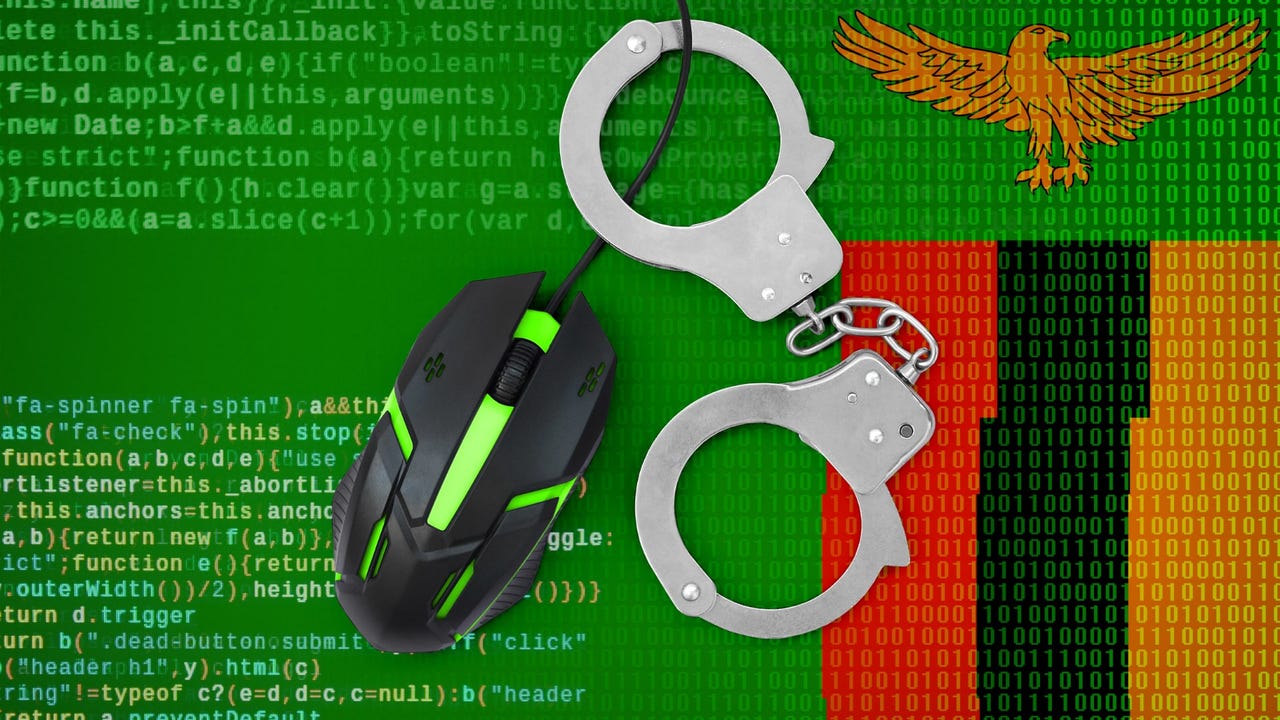














































































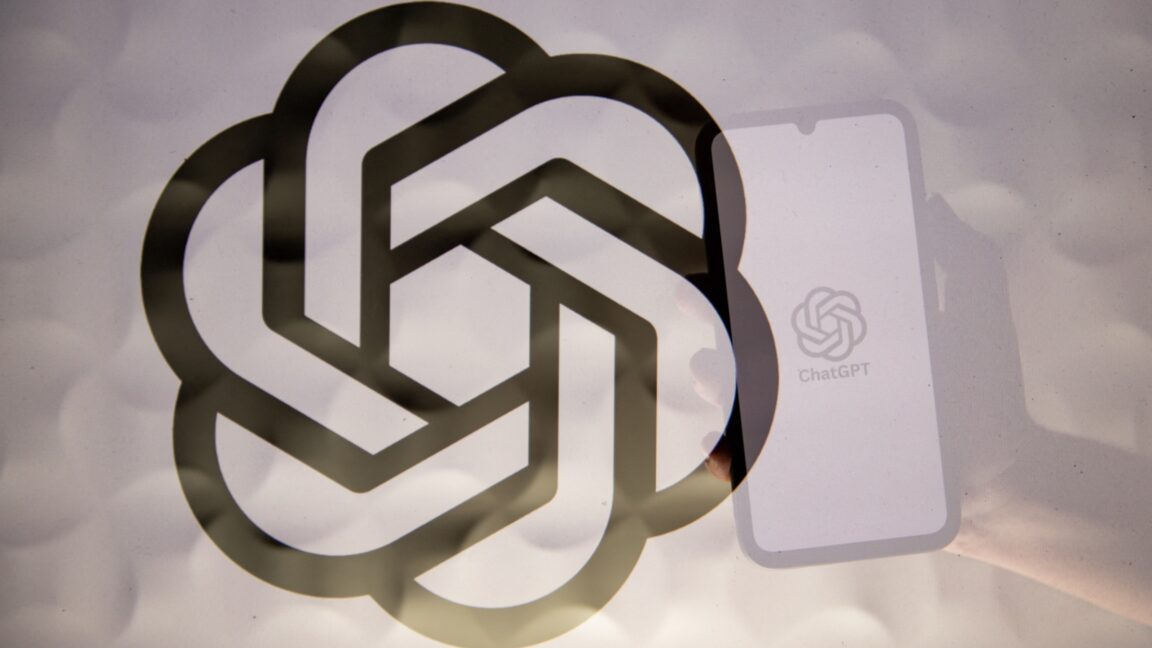


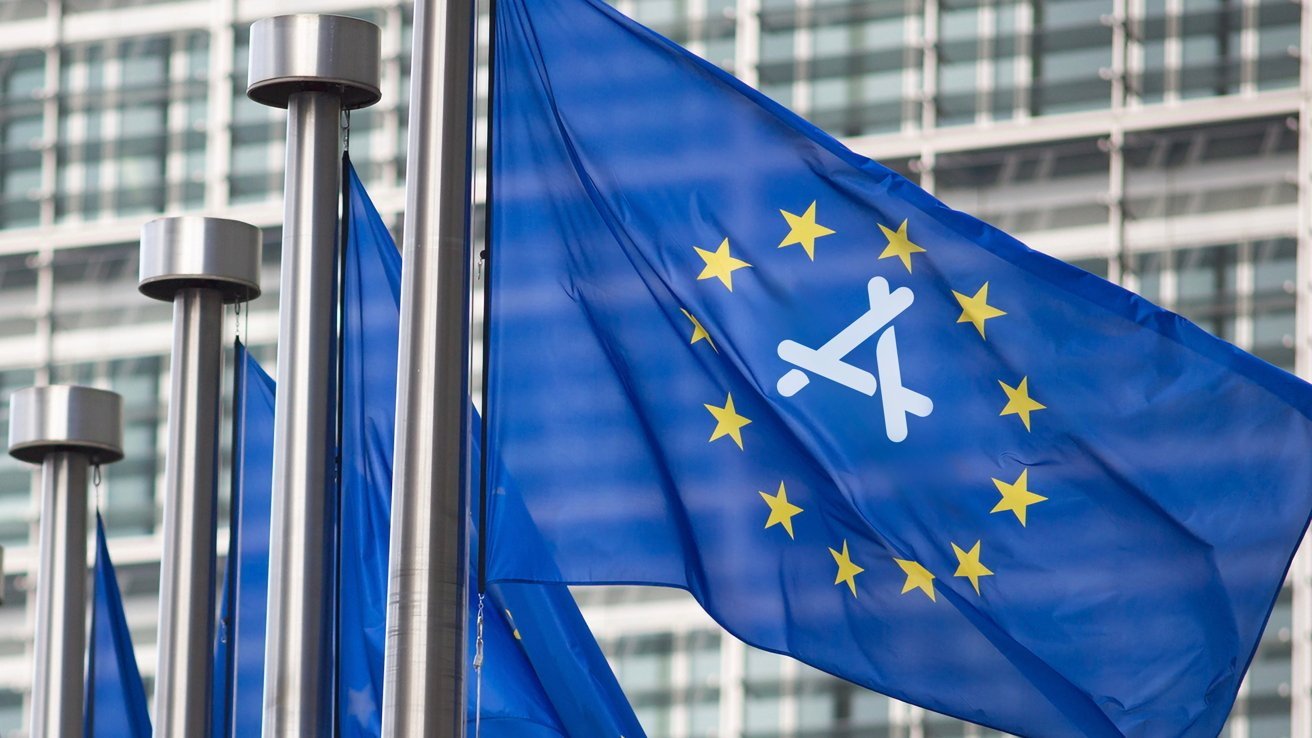

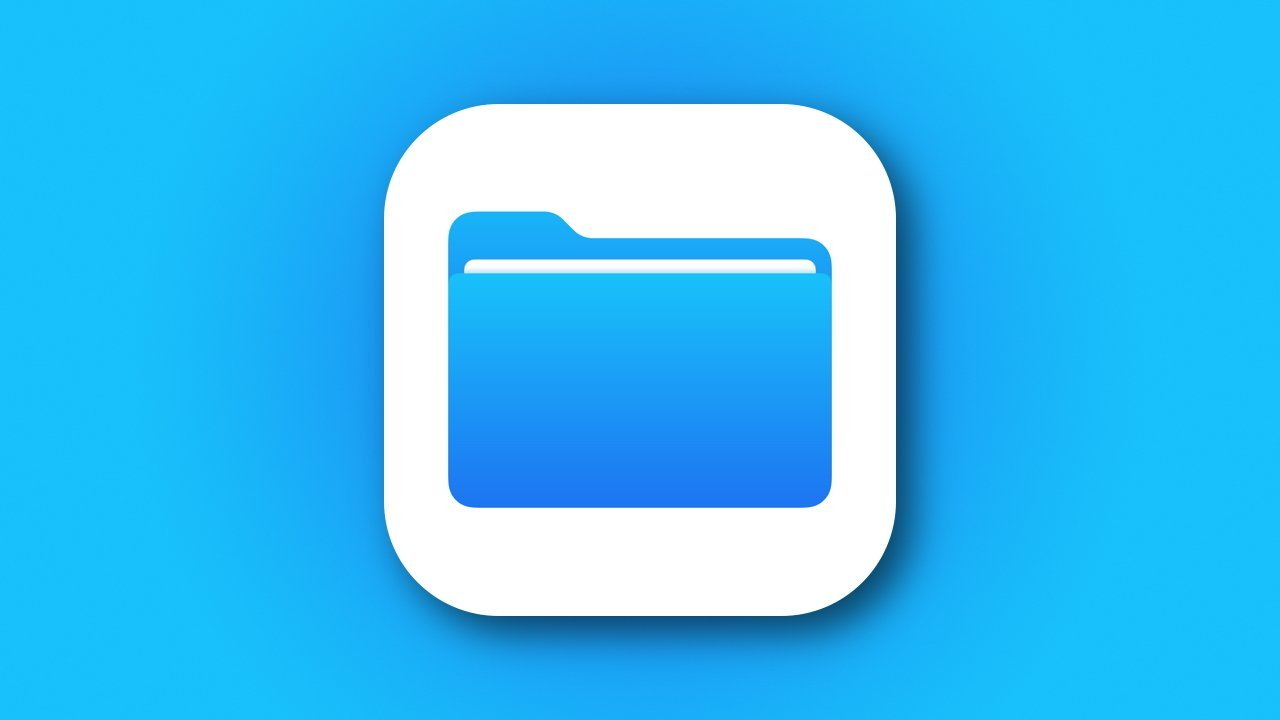


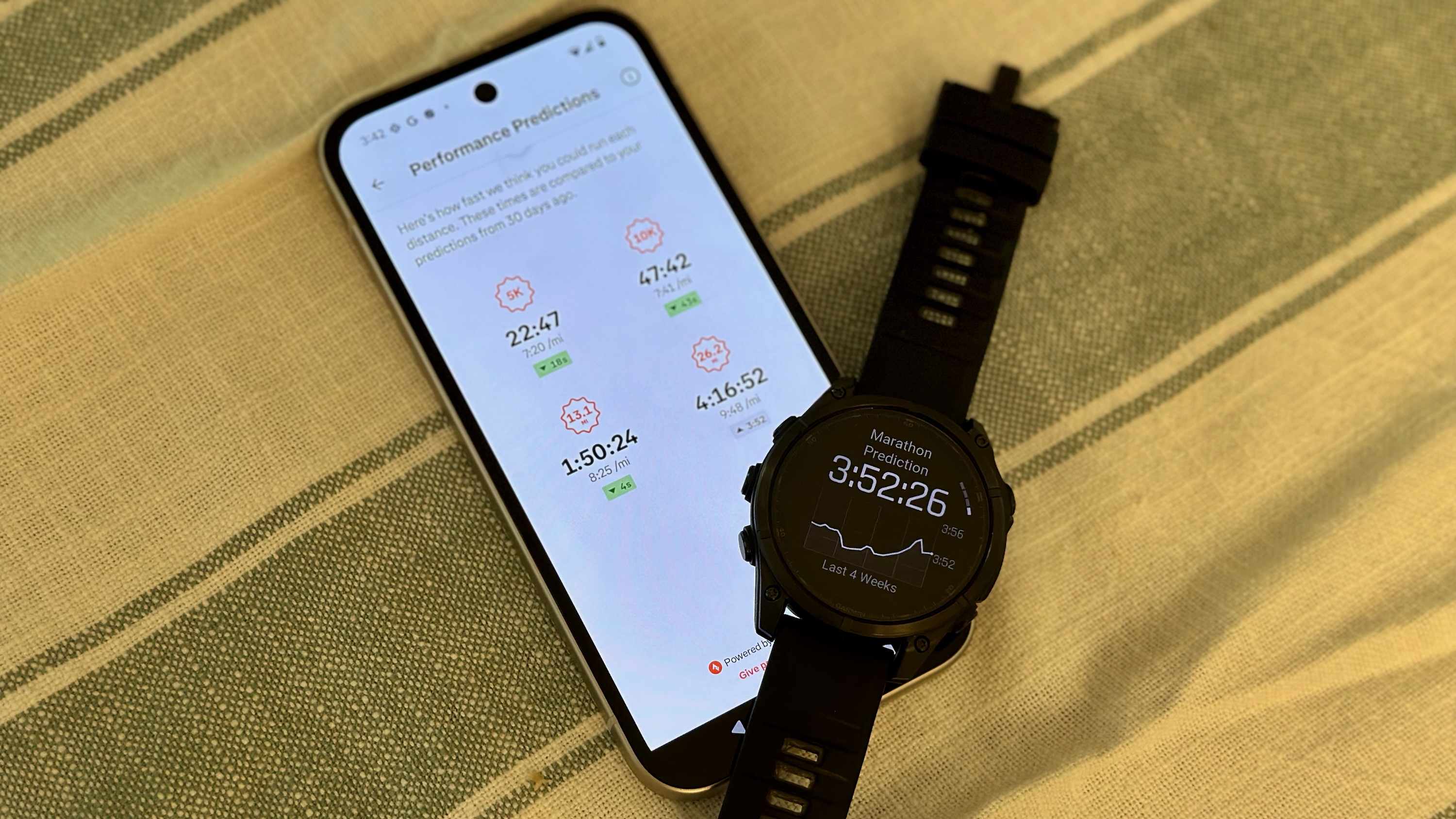
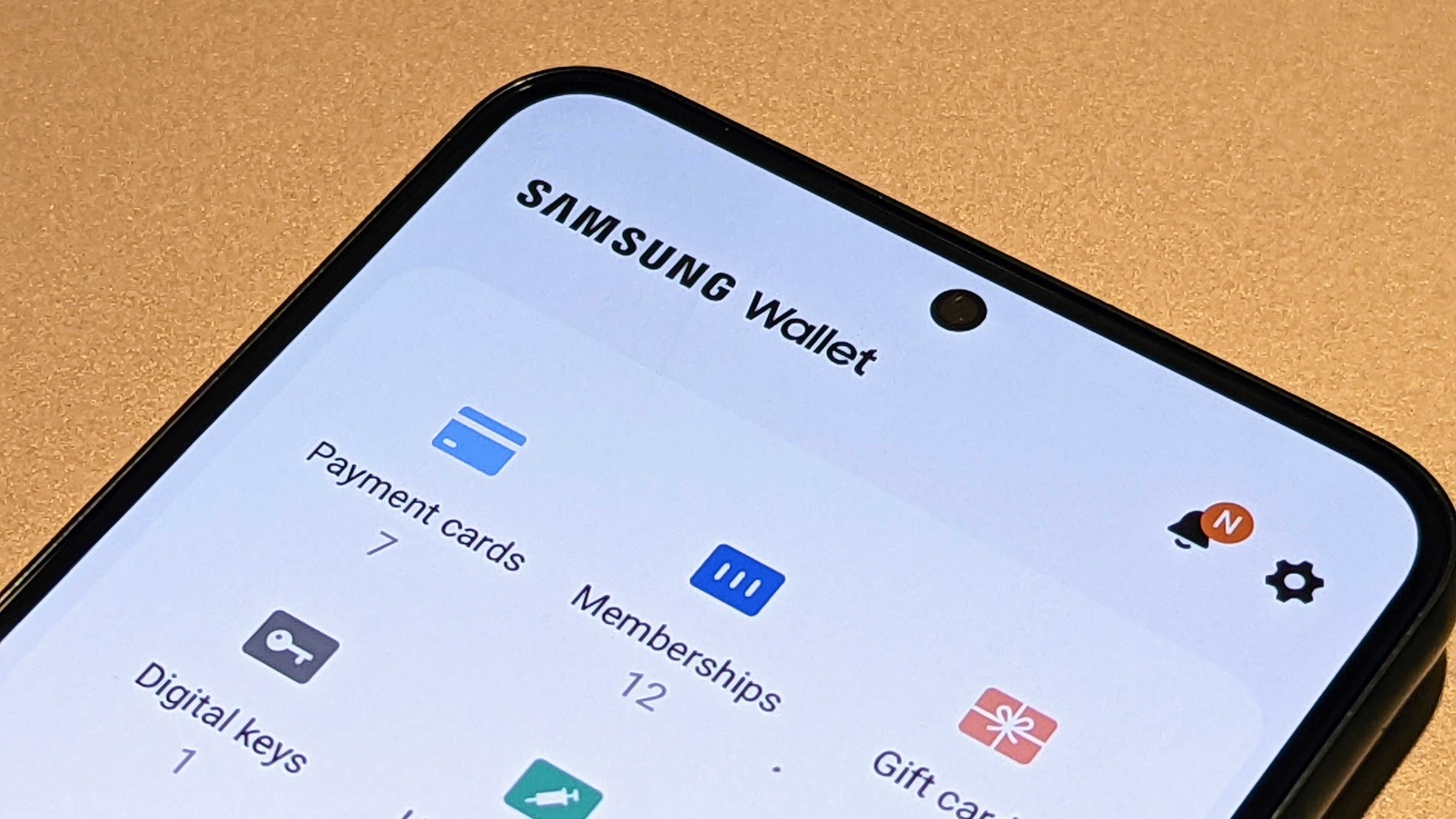


















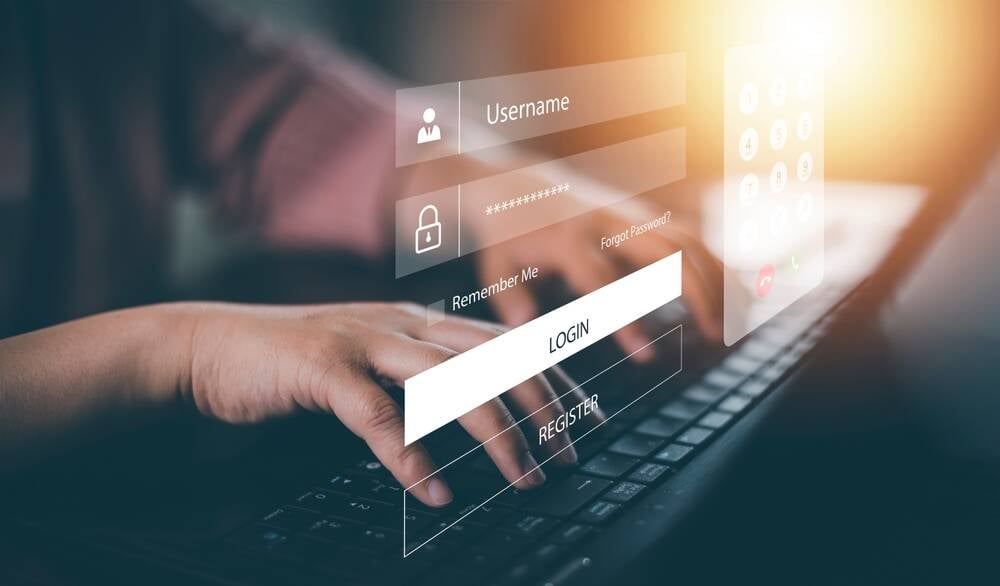



![Hands-On With 'iPhone 17 Air' Dummy Reveals 'Scary Thin' Design [Video]](https://www.iclarified.com/images/news/97100/97100/97100-640.jpg)
![Mike Rockwell is Overhauling Siri's Leadership Team [Report]](https://www.iclarified.com/images/news/97096/97096/97096-640.jpg)
![Instagram Releases 'Edits' Video Creation App [Download]](https://www.iclarified.com/images/news/97097/97097/97097-640.jpg)
![Inside Netflix's Rebuild of the Amsterdam Apple Store for 'iHostage' [Video]](https://www.iclarified.com/images/news/97095/97095/97095-640.jpg)

















